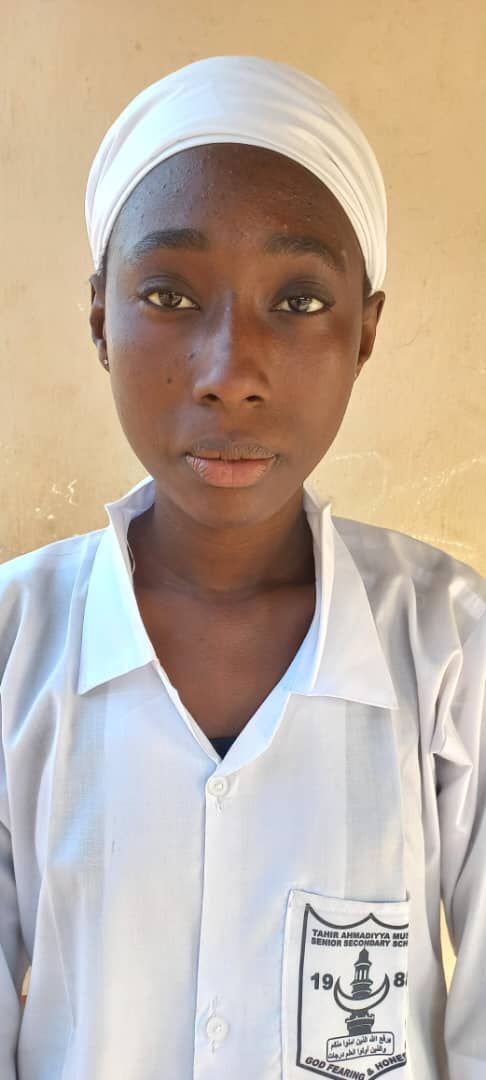The challenges facing our education system - Fatou
FATOU SANNEH, TAHIR AHMADIYYA SENIOR SECONDARY SCHOOL, THE GAMBIA
Education is a solid tool in changing any given society. For there to be actual development, there has to be the provision of quality and relevant education in any country.
Although there has been significant effort and progress made in improving the educational system of The Gambia, there is still room for improvement, particularly in rural Gambia. Issues like access to quality education, adequate numbers of qualified teachers, as well as relevant teaching and learning materials, still constitutes a major challenge to the education system of The Gambia.
One of the biggest challenges in The Gambia’s education sector is the lack of access to education, especially in the rural areas. Many children in these areas do not have access to basic education due to the lack of schools and teachers.
In some cases, children have to walk long distances to get to school, which can be very challenging, especially during the rainy season when roads become impassable. As a result, enrolment is commonly low in rural Gambia. The construction of more schools with adequate furnishing and in strategic locations will go a long way towards addressing this factor.
The absence of adequately qualified teachers means that many children are denied the opportunity to acquire basic literacy and numeracy skills, which can limit their prospects for the future.
Many teachers in The Gambia are poorly trained, which continues to hinder the acquisition of quality education that children need. This lack of training can lead to ineffective teaching methods and a lack of support for struggling students. This has in fact led to many students dropping out of school. Teachers should be provided with training to boost their knowledge and skills in dealing with students, otherwise our education system will collapse.
The lack of teaching and learning materials has remained a constant challenging factor for the advancement of education in The Gambia. The lack of educational resource such as textbooks, computers, and educational materials, is also a significant challenge for children’s education in The Gambia. Without these resources, children may not be able to acquire the knowledge and skills necessary for academic success. To address this issue the government and other stakeholders should assist in providing, not just teaching and learning materials, but relevant ones for that subject.
In conclusion, the government, NGOs, parents and members of society should endeavour to create an enabling environment for the attainment of academic success by students. Failure to act immediately might make it even more challenging in the near future.





